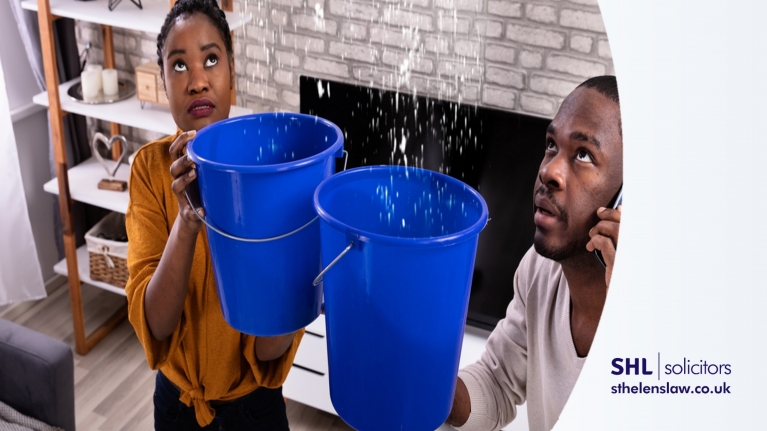In an ideal world, we’d all live a blissful life without having to worry about the condition of our property. Unfortunately though, homes rarely stay damage free, and problems need fixing – but whose responsibility is it?
The owner of a property is obliged to sort any issues – which is why housing disrepair claims are exclusively between tenants and landlords.
If your landlord decides not to repair damages to your home, then you’re entitled to make a claim. After all, if it wasn’t your fault why should you have to pay up?
If you’re struggling to decipher exactly what counts as housing disrepair and whether you should make a claim, let the team at St Helens Law offer you further guidance…
Damage to your property
As you probably expected, any general damage to your property that your landlord knows about – but is showing no sign of repairing – constitutes as housing disrepair.
The most common damages that fall into this bracket are the ones you can physically see. This may be a loose floorboard, dampness on the walls or issues with your plumbing.
If your property is damaged, it can quickly become an unsafe place to live. This is why you should contact your landlord straight away. Once they’ve been notified, they should remain in communication with you, so you know when to expect a repair.
If contact is not forthcoming, you should speak to a solicitor to seek expert advice on what to do next.
General disruption to quality of life
The umbrella of ‘housing disrepair’ is much wider than just safety issues. For example, you may have an infestation of vermin. And even though rats and mice are unlikely to put your life at risk, we’re pretty sure they’re not welcome in your property and you’ll want them out – quickly!
Whether you see a single stray rat running around or you start to see multiple, it’s worth raising the issue with your landlord. Pests getting in, can often be as a direct result of damage to the property, even if you don’t know exactly where or how it’s occurred.
Your landlord should be straight on the case, but if they fail to acknowledge and act on these concerns, you should consult our expert team of housing solicitors in St Helens for advice on how to proceed.
Can be internal or external issues
It’s worth noting that issues aren’t restricted to inside the property. For example, if there is a problem with your garden, such as a damaged fence or faults with external drainage, then these can also be classed as ‘disrepair’. This is why you should regularly check all aspects of your home for damage and be careful not to ignore the garden.
At St Helens Law, we’re experts in the field of housing disrepair in St Helens, so if you feel you may be entitled to a claim, we’re the people to call!
Get in touch today
If you’d like to find out more about housing disrepair, be sure to check out our service page in more detail. And if you have any enquiries or would like to get started making your own housing disrepair claim, then we’re always on hand to help.
To contact one of the team, be sure to give us a call on 01744 742360 or email info@sthelenslaw.co.uk. You can also request a FREE 30 minute consultation to discuss your case further by filling out our online enquiry form.


